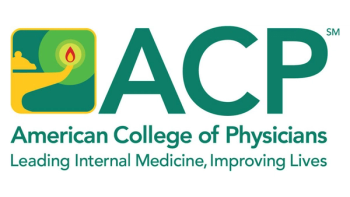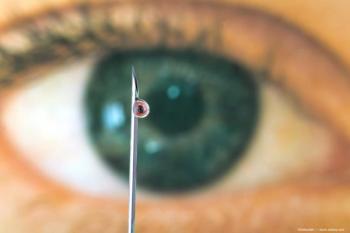
Don’t practice what I preach
Recent surveys across most medical specialties confirm physicians in active practice preach to themselves and their patients about the fulfillment of providing intimate, life-improving care, but advise their children to avoid becoming physicians.
The axiom “practice what you preach” is meant to remind us to follow our own advice. It is human nature to advise others to pursue actions that we ourselves may not be willing or able to do. In the families of physicians, the converse of this phenomenon is increasingly common: “Don’t practice what I preach.”
Recent surveys across most medical specialties confirm physicians in active practice preach to themselves and their patients about the fulfillment of providing intimate, life-improving care, but advise their children to avoid becoming physicians.
I find this hypocrisy both surprising and disappointing. To better understand this phenomenon, I interviewed two prominent ophthalmologists at a recent international conference.
They provided valuable commentary on the issue, and in retrospect, after coming out of the hot Brazilian sun, I cannot honestly say which parts of the following conversation are literally true versus figuratively true.
My first question was, “Why are doctors discouraging their children from becoming physicians?”
Several common themes arose. The primary argument was economic. Doctors are considering the disproportional investment of time and money needed for their children to become physicians. Considering the middle-class income and lifestyle that most physicians are expected to enjoy, the investment is inadvisable.
When asked, “When do you expect to recover your return on investment of secondary, collegiate, and medical education of your child who may want to become a physician?” The answer I received was, “Never."
I then asked, “What changes have occurred during your career that would lead you to discourage a child from pursuing medicine?”
Both colleagues agreed the entrepreneurial opportunities which allowed them to have successful independent practices no longer exist. The government and insurance regulations that now need to be navigated create an administrative burden which consumes time, energy, and other resources to the detriment of practice growth and patient care.
Another point made was the recognition of societal change in the regard that physicians are given in the community. As government attempts to regulate and dominate the medical landscape have increased over the past few decades, there has been an effort to demonize physicians as money-hungry exploiters of the sick -- primarily interested in their own enrichment with little regard for the lives and welfare of their patients. This position was used to promote government control of medical care and the price-fixing of physician services.
The imposition of electronic medical records, mandated under the guise of improving quality while reducing the cost of care, has demonstrably reduced physician-patient interaction time, while producing no increase in quality or accuracy of medical care and diagnosis.
Does this apply to ophthalmologists?
I returned to my original question, “Why are doctors discouraging their children from becoming physicians?”
While these ophthalmologists understand the universal sentiments as described above for physicians in general, they both stated the fulfillment of being an ophthalmologist far outweighed any of these other frustrations.
They agreed wholeheartedly that, if given the choice, they would “do it all again.” These two ophthalmologists across two continents would be thrilled if their children were to become ophthalmologists.
The unique satisfaction and intangible fulfillment we derive from our field stand in contrast to the frustrations felt by our general medical colleagues.
Newsletter
Don’t miss out—get Ophthalmology Times updates on the latest clinical advancements and expert interviews, straight to your inbox.





























